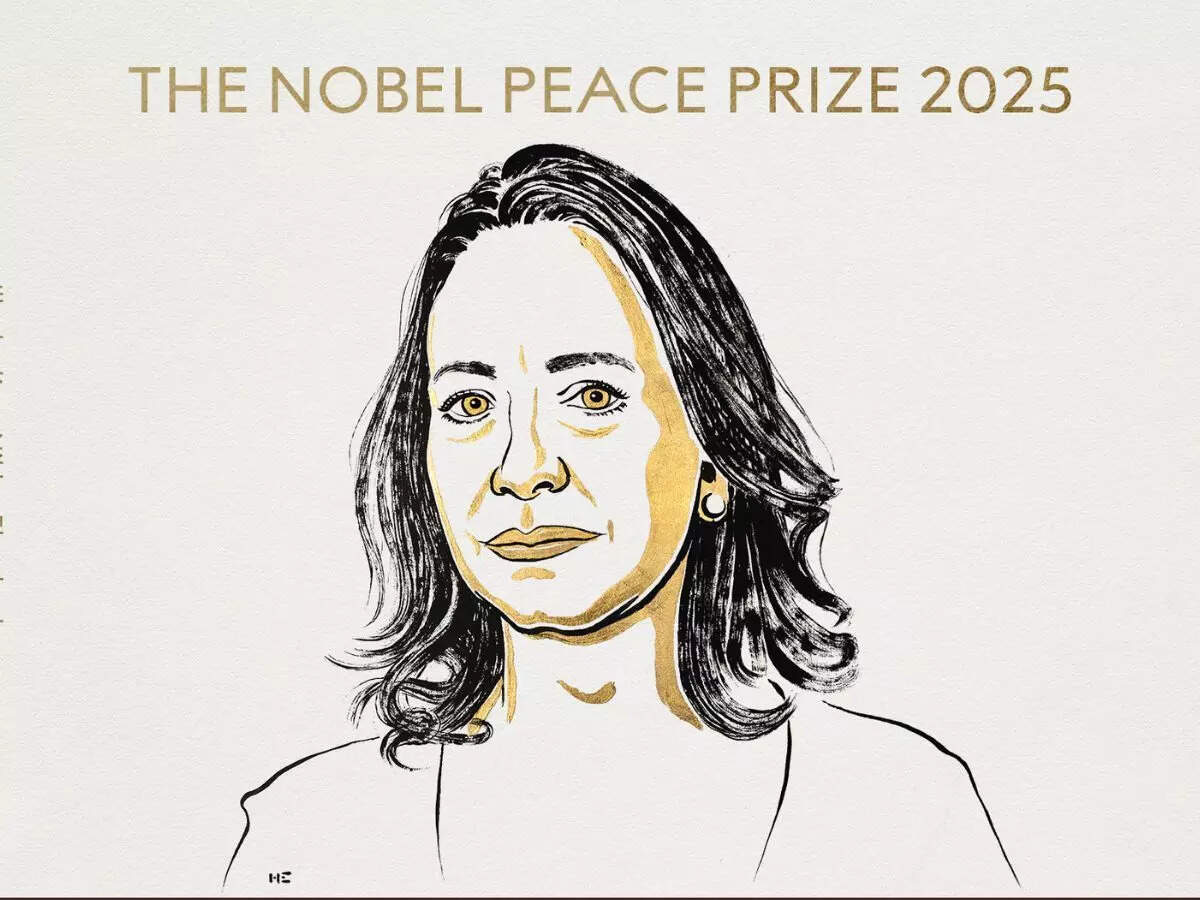The Heroic Illusion: Why Individual Saviors Mask Systemic Rot?
The recent Nobel Peace Prize for Maria Corina Machado is inspiring, but it also prompts us to question our deep-seated need for heroes. This piece delves into how focusing solely on a ‘savior’ figure can blind us to the complex, systemic forces that truly underpin authoritarianism and genuine resistance, inviting us to look beyond the individual and confront the deeper truths.
Our Deep Need for Heroes (and its Hidden Dangers)
When we hear about figures like Maria Corina Machado, bravely challenging an oppressive regime in Venezuela and being awarded the Nobel Peace Prize, a part of us immediately lights up. We yearn for heroes, for someone to stand up, to embody the struggle, and to promise a way out of seemingly insurmountable problems. It’s a comforting narrative, one that simplifies a chaotic world into a clear battle between good and evil, led by an exceptional individual. I confess, I feel that pull too. But I also believe that this very human desire for a singular hero can blind us to the far more intricate, and often more insidious, realities of power and resistance.
The Invisible Chains We Often Ignore
Think about it: authoritarian regimes aren’t just one person making bad decisions. They are complex machines, systems designed to control, manipulate, and endure. In Venezuela, beyond the visible repression, you have the suffocating grip of economic sanctions, the murky influence of global geopolitics, and a constant barrage of state-sponsored narratives designed to distort reality. These are the invisible chains. We celebrate the individual who dares to speak out, and rightly so, but we often fail to interrogate the very structures that make their heroism necessary in the first place. As Václav Havel, the Czech dissident and later president, once noted,
“The primary aim of the post-totalitarian system is to ensure that everything appears normal, that no one is able to disrupt this illusion.”
– Václav Havel
This ‘normality’ is built on systemic foundations, not just individual actions.
To truly understand resistance, we must look beyond the gleaming individual and confront the grinding gears of systemic control that operate silently in the background. Ignoring these systemic forces means we’re only treating the symptoms, not the disease itself. It’s easy to cheer for a hero; it’s much harder, and often less glamorous, to understand and dismantle the underlying architecture of oppression.
Go Deeper
Step beyond the surface. Unlock The Third Citizen’s full library of deep guides and frameworks — now with 10% off the annual plan for new members.
What True Resistance Demands From Us
So, what does this mean for us? It means holding two ideas in our minds simultaneously: admiring the immense courage of figures like Maria Corina Machado, and critically analyzing the systemic forces that necessitate their struggle. Their individual acts of bravery are sparks, but true change requires a bonfire, fueled by collective understanding and action. We need to support the individuals, yes, but also demand a deeper engagement with the structural issues—economic policies, international relations, media manipulation—that perpetuate authoritarianism. It’s about moving beyond the comforting illusion of a single savior and embracing the demanding, complex, and ultimately more effective work of systemic transformation. We, as observers and citizens, have a responsibility to look past the captivating headlines and understand the full, intricate story.



